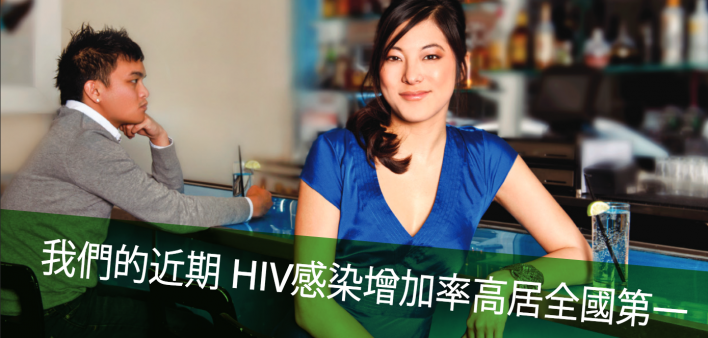Sunday, May 19, marks National Asian & Pacific Islander HIV/AIDS Awareness Day (NAPIHAAD) 2019. The campaign was launched in 2005 by the Banyan Tree Project, an HIV-related social marketing program that is part of API Wellness, along with support from the Centers for Disease Control and Prevention (CDC).
According to the CDC, Asians make up 6% of the nation’s population but accounted for about 2% of HIV diagnoses in 2017. Specifically, 38,739 people were diagnosed with HIV in the United States in 2017. Of those, 822 were Asian men, and 120 were Asian women. What’s more, about nine in 10 Asian men who tested HIV positive were gay or bisexual.
“Some Asians may avoid seeking testing, counseling or treatment because of language barriers or fear of discrimination, the stigma of homosexuality, immigration issues or fear of bringing shame to their families,” writes the CDC on its website, which also warns that “the reported number of HIV cases among Asians may not reflect the true HIV diagnoses in this population because of race/ethnicity misidentification. This could lead to the underestimation of HIV infection in this population.”
In comparison, Native Hawaiians and Other Pacific Islanders (NHOPI) account for even smaller proportion of the U.S. population than Asians—just 0.2%. In 2017, according to the CDC, among all people diagnosed with HIV, 58 were adult or adolescent NHOPI, 46 were NHOPI men (mostly a result of male-to-male sexual contact) and 12 were NHOPI women (mostly a result of heterosexual contact). The good news is that from 2010 to 2016, HIV cases among NHOPI overall have decreased 16%.
Regarding prevention challenges among the NHOPI population, the CDC notes that “NHOPI cultural customs, such as not talking about sex across generations, may stigmatize sexuality in general, and homosexuality specifically, as well as interfere with HIV risk reduction strategies, such as condom use.”
The U.S. National Library of Medicine offers HIV-related resources for Asian and Pacific Islanders here.
In related POZ news, check out “Smart Insight About HIV and Hep B Among Asians and Pacific Islanders.”







1 Comment
1 Comment